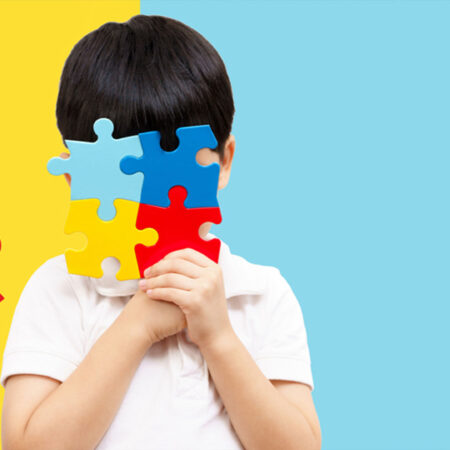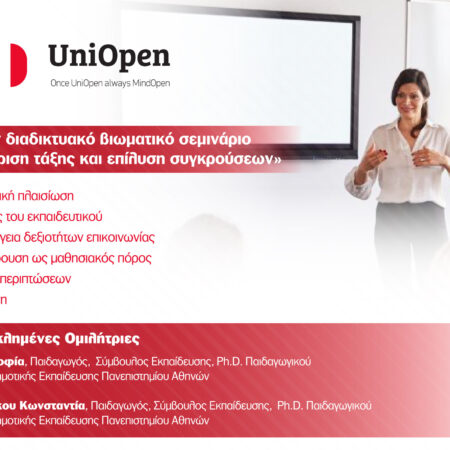The Courses
The undergraduate program in Languages and Cultures of Europe and the rest of the world intends to train high-level graduates in two linguistic and cultural fields with a strong global character: at least one European (between English, Spanish, French and German) and a second European or non-European with a choice between Russian, Chinese and Arabic. The program also provides courses in history, literature and linguistics within a framework of training aimed at overcoming methodological nationalism in the approach of cultural phenomena.
Objectives
Graduates in the Languages and Cultures of Europe and the Rest of the World:
- have an excellent basic theoretical training in linguistics and literature
- have excellent knowledge of the oral and written language of at least two languages other than the Italian language and, above all, the cultural heritage of cultures of which they represent the expression and an adequate skill of written and oral skills in a third language
- can express themselves at B2 / C1 level in the languages they are studying (differentiation varies from language to language) within the Common European Framework of Reference
- can articulate, in the reference languages, literary and historical-cultural speech at a good level, as a preliminary stage for potential access to postgraduate programs and, in the second year, a PhD
- can update organizational and management plans to businesses, institutions and organizations working in specific contexts of reference languages and cultures.
Teaching
The student’s training program is structured for each of the pre-selected language-cultural areas in three academic years of language and tradition, three literature and two philological, aimed at providing the technical tools to dig and work with and on languages, cultures and the literary productions associated with them, which are examined in their historical, aesthetic and socio-communicative dimension.
They complete the curriculum by enhancing the prospects of postgraduate outlets for the acquisition of digital literacy skills orientated to computer science humanities and up to 6 credit training, vocational modules or workshops (voice, Italian writing and interculturality) and promote the specific use of skills obtained in special working frameworks or with a view to continuing their studies at a higher level. Language learning is developed through a wide range of interactive activities, exercises and multimedia activities in direct relation to highly qualified teachers.
Curriculum
| 1st year | Course | Credits |
| Literary analysis and comparative literature | 6 | |
| Computer and telematics skills | 3 | |
| One Elective Course | ||
| Modern History I | 6 | |
| History of East Asia | 6 | |
| One Elective Course | |
| French language and translation I | 12 |
| English language and translation I | 12 |
| Spanish language and translation I | 12 |
| German language and translation I | 12 |
| One Elective Course | |
| French language and translation I | 9 |
| English language and translation I | 9 |
| Spanish language and translation I | 9 |
| German language and translation I | 9 |
| Russian language and translation I | 9 |
| Arabic language and translation I | 9 |
| Chinese language and translation I | 9 |
| One Elective Course σε | |
| Arabic Literature I and II | 12 |
| Chinese Literature I and II | 12 |
| Slavic Literature I and II | 12 |
| Roman Literature and Linguistics I and II | 12 |
| German Literature I and II | 12 |
| Two Elective Courses | |
| French Literature Ι | 6 |
| English Literature Ι | 6 |
| Spanish Literature Ι | 6 |
| German Literature Ι | 6 |
| Russian Literature Ι | 6 |
| Arabic Literature Ι | 6 |
| Chinese Literature I | 6 |
| 2nd year | Course | Credits |
| General Linguistics | 6 |
| Two Elective Courses | |
| French language and translation II | 12 |
| English language and translation II | 12 |
| Spanish language and translation II | 12 |
| German language and translation II | 12 |
| Russian language and translation II | 12 |
| Arabic language and translation II | 12 |
| Chinese language and translation II | 12 |
| Two Elective Courses | |
| French Literature II | 12 |
| English Literature II | 12 |
| Spanish Literature II | 12 |
| German Literature II | 12 |
| Russian Literature II | 12 |
| Arabic Literature II | 12 |
| Chinese Literature II | 12 |
| Two Elective Courses | |
| Roman Literature and Linguistics I | 6 |
| German Literature I | 6 |
| Roman Literature and Linguistics III | 6 |
| German Literature III | 6 |
| Arabic Literature I | 6 |
| Chinese Literature I | 6 |
| Slavic Literature I. | 6 |
| Arabic Literature III | 6 |
| Chinese Literature III | 6 |
| Slavonic literature III | 6 |
| 3rd year | Course | Credits |
| Italian linguistics | 6 |
| Two Elective Courses | |
| French language and translation III | 6 |
| English language and translation III | 6 |
| Spanish and translation III | 6 |
| German language and translation III | 6 |
| Russian language and translation III | 6 |
| Arabic language and translation III | 6 |
| Chinese language and translation III | 6 |
| Two Elective Courses | |
| French Literature III | 6 |
| English Literature III | 6 |
| Spanish Literature III | 6 |
| German Literature III | 6 |
| Russian Literature III | 6 |
| Arabic Literature III | 6 |
| Chinese Literature III | 6 |
| One Elective Course σε | |
| Social anthropology | 6 |
| History of East Asia | 6 |
| Modern History I | 6 |
| Italian Literature Ι | 6 |
| Education and / or workshops | 6 |
| Final exam | |
| One 12 credit elective or two 6 credit electives | |
| French language and translation I | 12 |
| English language and translation I | 12 |
| Spanish language and translation I | 12 |
| German language and translation I | 12 |
| Culture and Classical Culture I | 6 |
| Social anthropology | 6 |
| French Literature Ι | 6 |
| English Literature Ι | 6 |
| Spanish Literature Ι | 6 |
| German Literature Ι | 6 |
| Russian Literature Ι | 6 |
| Arabic Literature Ι | 6 |
| Chinese Literature I | 6 |
| Italian Literature II | 6 |
| History of East Asia | 6 |
| Labs | |
| Voice | 2 |
| Writing workshop | 2 |
| Intercultural Workshop | 2 |
Course Features
- Lectures 0
- Quizzes 0
- Duration 3 Έτη
- Skill level All levels
- Language Ελληνικά
- Students 0
- Certificate No
- Assessments Yes







